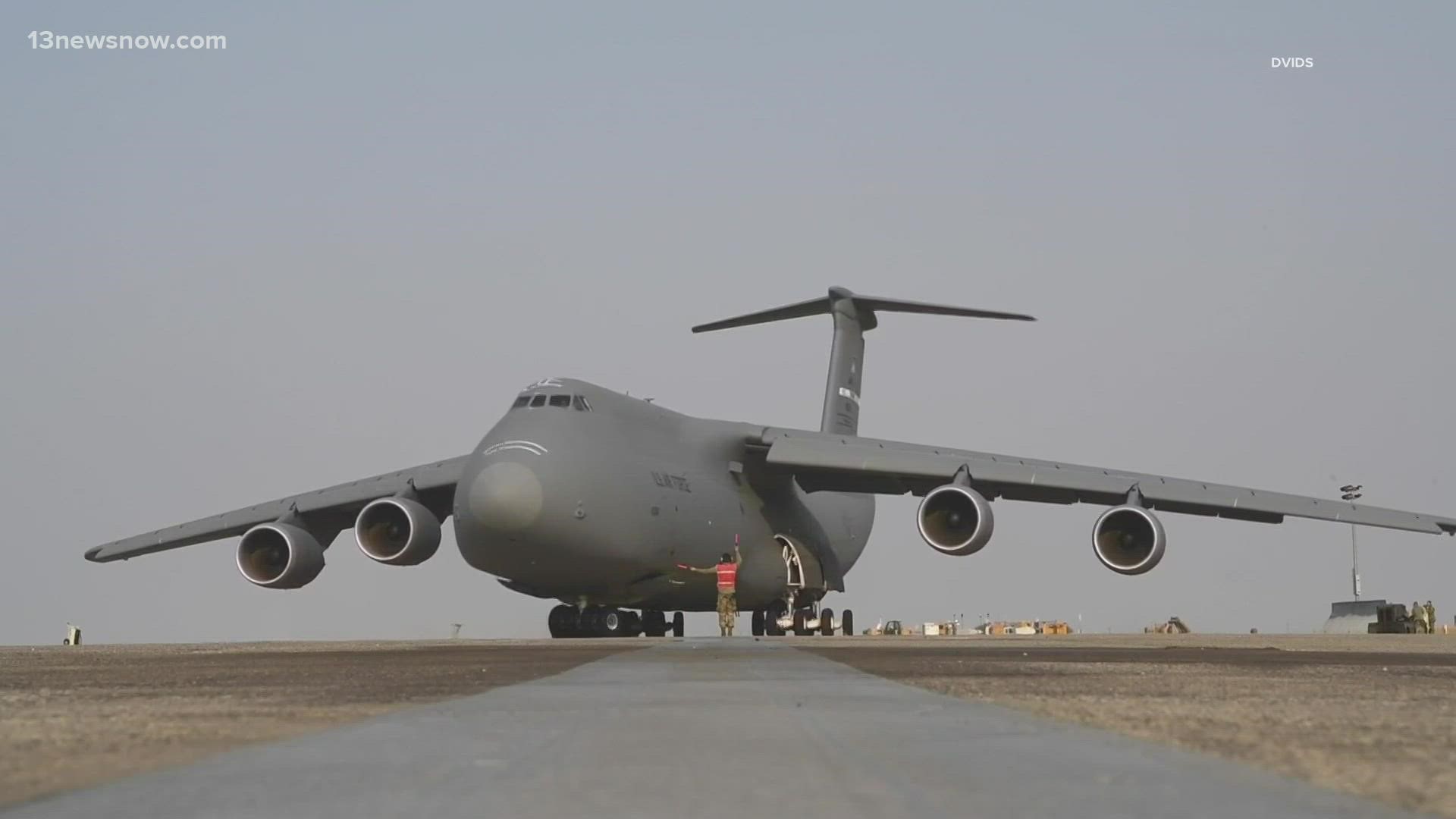WASHINGTON — As the U.S. military completed its drawdown in Afghanistan in late August, the Department of Veterans Affairs sent a bulletin out to veterans.
It said: "Veterans may question the meaning of their service or whether it was worth the sacrifices they made. They may feel more moral distress about experiences they had during their service. It's normal to feel this way."
Among the symptoms veterans may be experiencing, the VA said, are feeling frustrated, sad, angry, or betrayed.
In Washington, lawmakers expressed concern.
"Veterans who served in Afghanistan and even those who served elsewhere have been under immense stress watching the tragic events of the last several weeks unfold," said Rep. Mike Bost (R-Illinois).
Over the past month, the VA has seen a six percent increase from the previous year in the number of calls to the Veterans Crisis Line, a 32 percent increase in chats, and a 71 percent increase in texts.
"Those increases are a direct result of the crisis in Afghanistan," said Bost.
Rep. Jack Bergman (R-Michigan) agreed.
"I can tell that veterans are struggling right now," he said. "The failure in Afghanistan has caused a lot of painful memories to resurface."
VA leaders told the House Veterans Affairs Committee on Wednesday that it has done "a considerable amount of outreach" to veterans, in the wake of the Afghanistan withdrawal.
"We were quite interested to have a multi-pronged approach to ensure that veterans who are impacted by the events in Afghanistan knew that they were not alone," said Dr. Kameron Matthews, Assistant Under-Secretary of Health for Clinical Services and Chief Medical Officer at the Veterans Health Administration.
There is some good news. Overall, veterans' suicides decreased by 7.2 percent.
If you are having thoughts of suicide, call 1-800-273-8255, then PRESS 1 or visit www.veteranscrisisline.net. For emergency mental health care, you can also go directly to your local VA medical center 24/7 regardless of your discharge status or enrollment in other VA health care.

